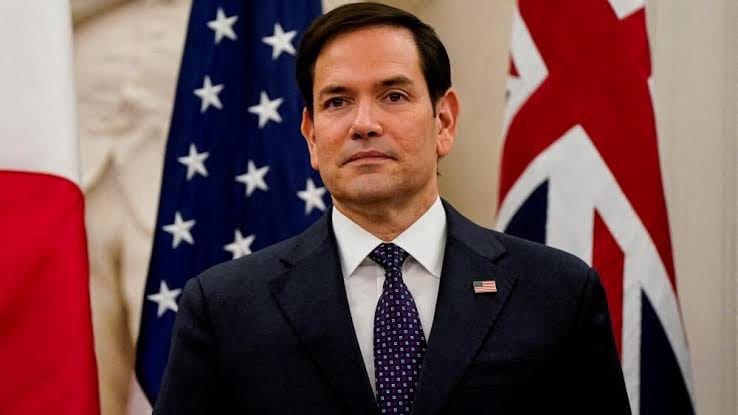State Department freezes most US Foreign aid, sparks outcry
The State Department has implemented a sweeping freeze on nearly all U.S. foreign assistance programs following an executive order issued by President Donald Trump to pause aid for 90 days.

File Source: BBC
The State Department has implemented a sweeping freeze on nearly all U.S. foreign assistance programs following an executive order issued by President Donald Trump to pause aid for 90 days.

The directive, signed Friday, came with a memo from Secretary of State Marco Rubio instructing staff to issue “stop-work orders” for most existing foreign assistance awards. Exceptions were made only for emergency food programs and military aid to Israel and Egypt.
The freeze, intended to review the efficiency of foreign aid and align it with Trump’s foreign policy, has raised alarm among aid organizations. The memo stated that “decisions whether to continue, modify, or terminate programs will be made following this review,” which is expected to conclude in 85 days. The findings, along with Rubio’s recommendations, will be submitted to Trump.
Humanitarian groups and officials have criticized the lack of exemptions for critical health programs, including clinics and immunization efforts. A senior USAID official called the measure “completely reckless,” warning it would disrupt lives and jeopardize the livelihoods of aid workers. “Yes, reform of U.S. foreign aid is desperately needed, but these draconian measures are unhelpful,” the official told NPR.
Abby Maxman, head of Oxfam America, condemned the move, stating, “By suspending foreign development assistance, the Trump administration is threatening the lives and futures of communities in crisis, and abandoning the United States’ long-held bipartisan approach to foreign assistance.”
The U.S., which allocated approximately $60 billion for foreign aid in 2023, is the largest global donor of such assistance. However, with aid projects now receiving stop-work orders, organizations are interpreting the freeze as an immediate halt to operations, potentially forcing them to cease activities to avoid incurring further costs.
Farhan Haq, deputy spokesperson for the United Nations, weighed in, saying, “These are bilateral decisions, but nonetheless, we expect those nations who have the capability to generously fund development assistance.”
While the administration views the pause as necessary for reform, critics argue it undermines critical aid programs and jeopardizes lives in vulnerable communities worldwide.














